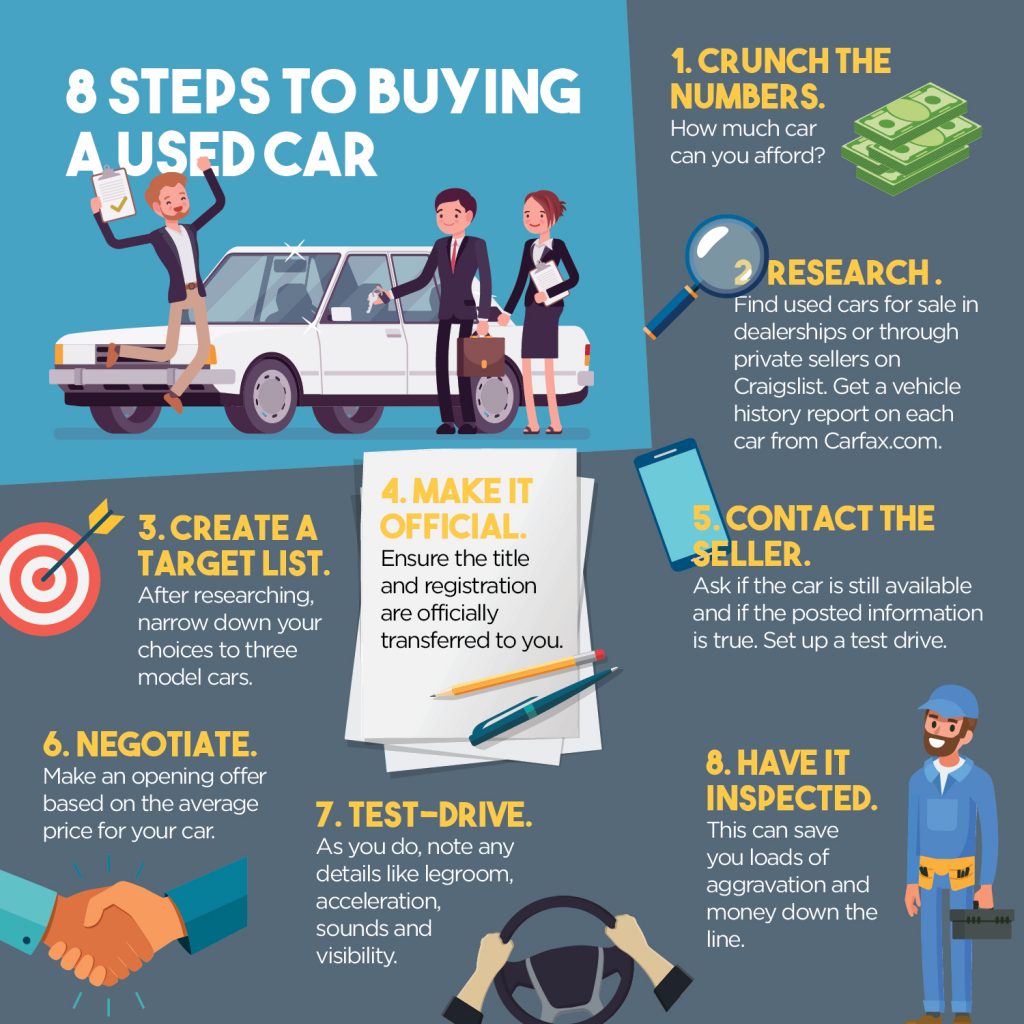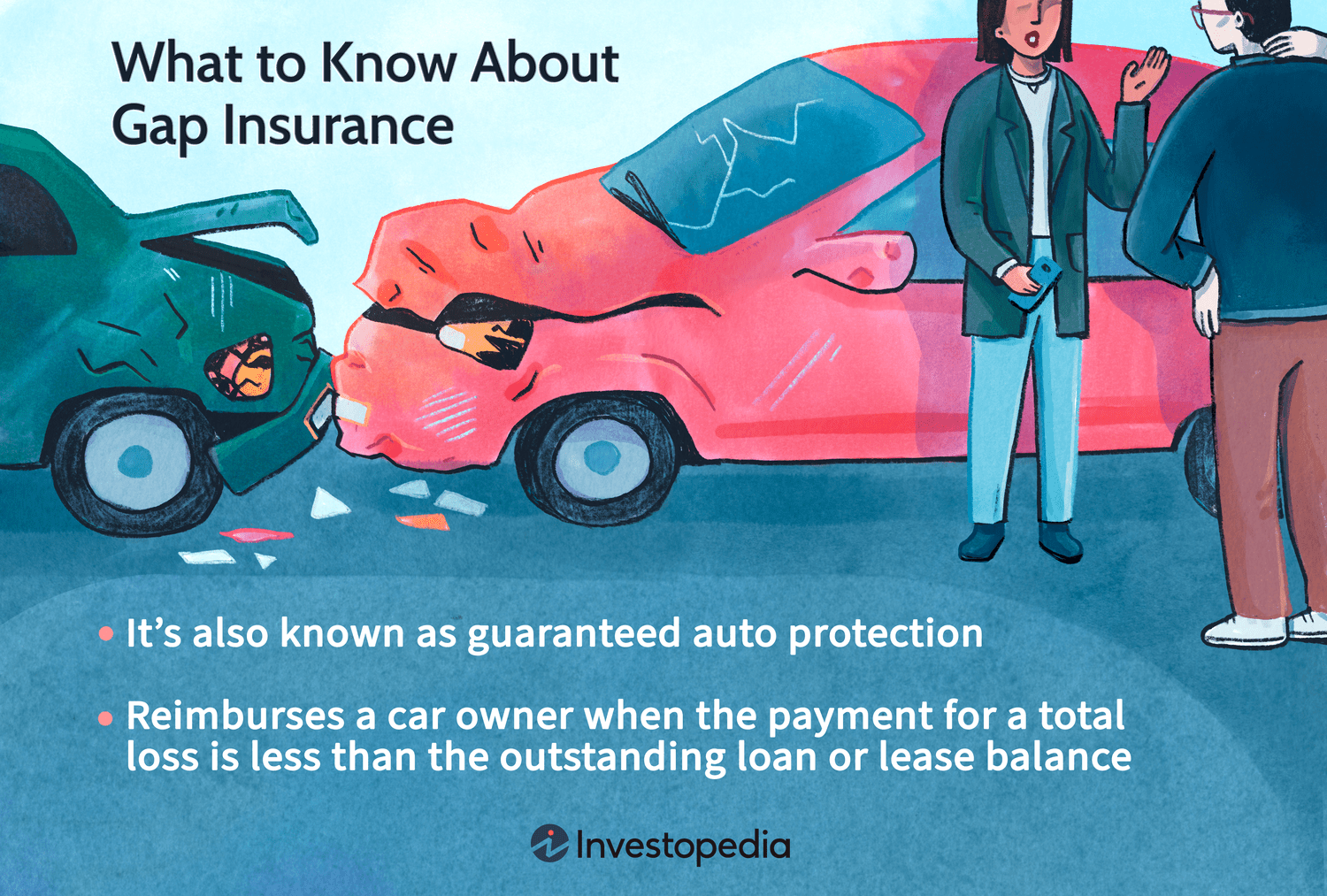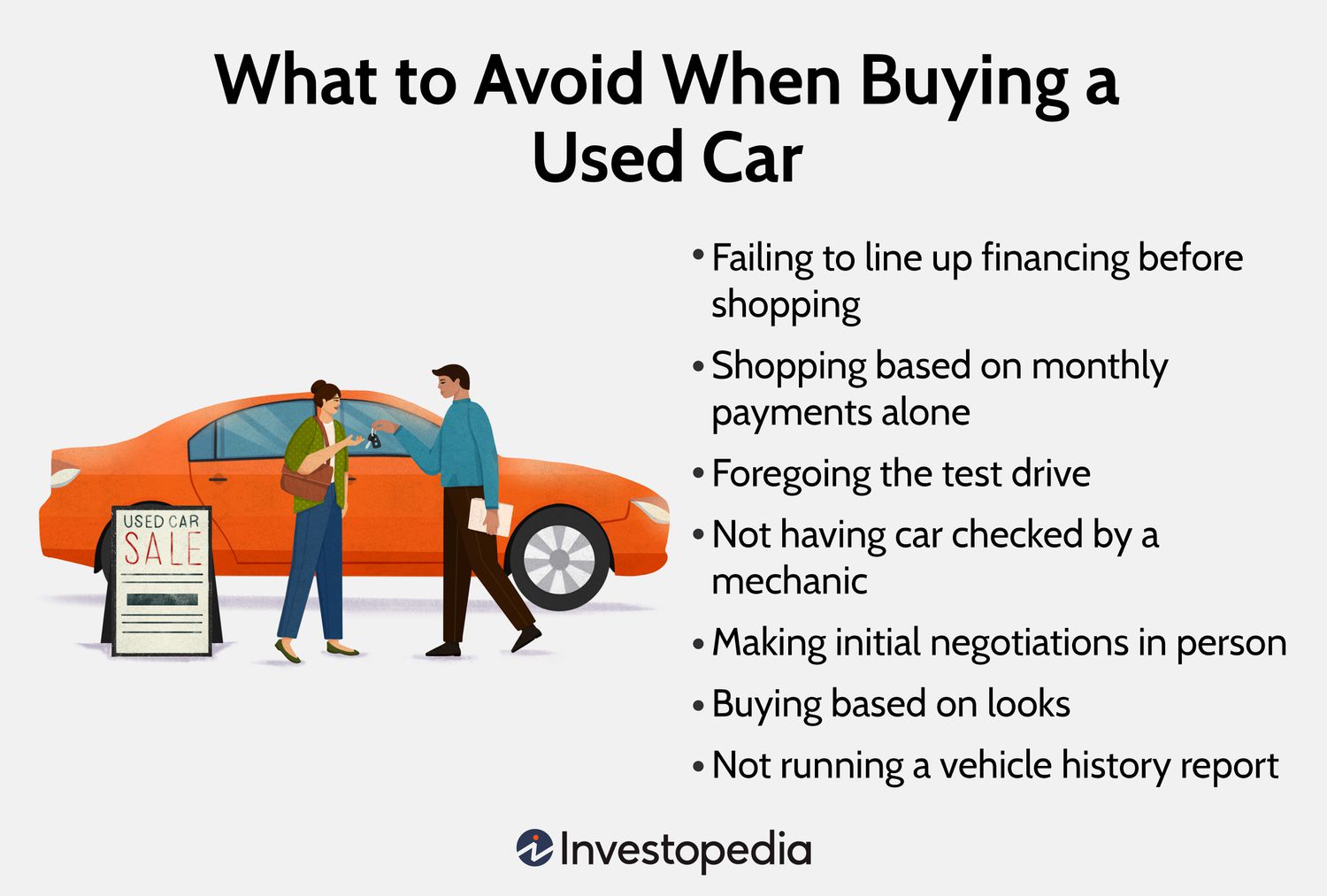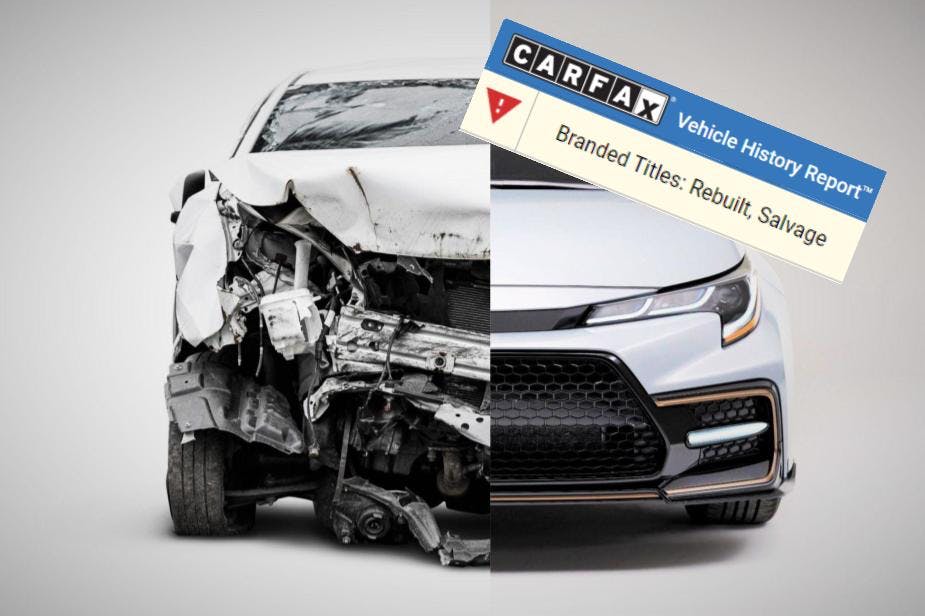How to Find Used Cars
To find used cars, search local dealerships and online marketplaces. Utilize filters for price, make, model, and year to narrow your search.
Purchasing a used car can be a savvy financial move, offering you the value of a vehicle that has already undergone initial depreciation. Whether it’s a reliable commuter, a family minivan, or a sporty coupe, there’s a plethora of options for second-hand vehicles out there.
The internet has made car shopping more accessible than ever, with comprehensive websites that provide detailed listings, photographs, and sometimes even the vehicle’s service history. Buyers should always perform due diligence by checking vehicle history reports and arranging pre-purchase inspections. By setting a budget and considering factors like mileage, condition, and vehicle history, shoppers can navigate the pre-owned market with confidence and locate the ideal used car to fit their needs and lifestyle. Remember to also read reviews and compare prices to ensure you’re getting a reliable vehicle and a fair deal.
The Initial Steps To Finding A Used Car

Credit: myzing.com
Online Platforms Vs. Local Dealerships
When hunting for a used car, choices abound. Two popular paths are online platforms and local dealerships. Each comes with unique perks and drawbacks.
Pros And Cons Of Buying Online
Clicks lead to cars with online car shopping. Here’s why it may catch your eye:
- Convenience: Shop from anywhere, anytime.
- Variety: Diverse options across regions.
- Comparison: Easy to compare prices and specs.
But, keep these points in mind:
- No Test Drive: Buying blind without feeling the drive.
- Shipping Costs: Distance can mean extra fees.
Navigating Local Dealership Options
Local dealerships invite a personal touch to car shopping. The advantages they hold include:
- Test Drives Available: Get behind the wheel before buying.
- Personal Interaction: Ask questions, get answers on the spot.
However, buyers face:
- Less Inventory: Limited cars on the lot.
- Potential Pressure: Sales tactics may overwhelm.
Utilizing Online Classifieds And Auctions
Classifieds and auctions expand your digital search. Look at these benefits:
- Direct Seller Contact: Deal with owners directly.
- Deal Hunting: Bargains for the patient shopper.
The flip side includes:
- Variable Quality: Cars may come as-is, no warranty.
- Scams and Frauds: Buyer beware, risks are real.
Vetting The Car’s History
Finding a reliable used car means doing your homework. Before sealing any deal, dig into the vehicle’s past. This step is crucial to avoid unwanted surprises post-purchase. Let’s explore the essential checks to consider.
Understanding Vehicle History Reports
A car’s history sheds light on its past. Problems like accidents, flood damage, and liens matter. A vehicle history report will provide these details.
You can obtain these reports from services like Carfax and AutoCheck. Look for:
- Accident history
- Maintenance records
- Ownership changes
- Odometer readings
Comparing the report’s info with the seller’s story confirms the car’s authenticity.
The Importance Of A Test Drive
No report beats first-hand experience. A test drive spotlights the car’s condition. It helps identify issues with:
- Engine performance
- Braking systems
- Steering and suspension
- Transmission smoothness
Listen for odd noises and feel for smooth operation. Your senses are great tools for evaluating a car.
Arranging A Pre-purchase Inspection
A pre-purchase inspection (PPI) is a must. Certified mechanics perform a thorough check. They will examine:
| Areas Covered in a PPI | |
|---|---|
| Exterior | Body, windows, tires |
| Interior | Seats, controls, odors |
| Under the Hood | Engine, hoses, belts |
| Under the Car | Suspension, brakes, leaks |
They might even spot issues that a report misses. This step gives you peace of mind before buying.
Negotiating The Best Deal
Negotiating the best deal for a used car can seem daunting. Armed with the right knowledge and tactics, you can ensure you pay a fair price. This section will guide you through mastering the art of negotiation, touching upon essential topics like market research, negotiation strategies, and the intricacies of handling trade-ins and financing offers.
Doing Market Research On Prices
Before stepping foot in a dealership or meeting a private seller, know the value of the vehicle. Use these simple tips:
- Check online car valuation tools for a baseline price.
- Browse local listings to compare similar makes and models.
- Note differences in prices based on mileage and condition.
Compile your data into a handy list or table, which you can reference during discussions.
Effective Negotiation Strategies
To negotiate effectively:
- Start with a fair but lower offer than your maximum budget.
- Be polite yet firm in your approach.
- Use your market research to back your offers and counteroffers.
- Avoid showing too much emotion; stay calm and collected.
Bearing these strategies in mind will equip you to strike a better deal.
Handling Trade-ins And Financing Offers
Trade-ins and financing can add layers to your negotiation. Here’s how to manage them:
- Evaluate your trade-in at multiple dealers before discussing.
- Separate trade-in and new car negotiations.
- Be wary of long-term financing that seems too good to be true.
Remember, always read the fine print when discussing financing options.
Closing The Deal Safely And Legally
Finding a perfect used car requires careful steps. When the right vehicle is in sight, closing the deal the right way is crucial. This means handling paperwork and payments with no hiccups. Safety and legality should be top priorities. Here’s how to seal the deal confidently.
Paperwork And Documentation Essentials
Correct paperwork is vital before driving away.
- Vehicle Title: The seller must provide the car’s title. Verify it has no liens.
- Bill of Sale: This document outlines the transaction details. Ensure accuracy.
- Release of Liability: This form protects you if the car is misused after sale.
- Service Records: Ask for the maintenance history to understand the car’s condition.
- Owner’s Manual: Handy for future maintenance and understanding car features.
Insurance Considerations
Insurance transfer is a must for immediate coverage.
Contact your insurance provider. Alert them to the vehicle change. Secure coverage before driving. Carry proof of insurance during the first drive.
Finalizing Payment And Ownership Transfer
Payment signals the ownership change.
- Agree on a Payment Method: Cash, check, or an escrow service are common choices.
- Transfer the Title: Sign the necessary sections. Confirm no pending signatures.
- Registration: Visit the DMV with your documents. Leave with your new registration.
Remember: Stay informed, organized, and proactive. Enjoy your new vehicle with peace of mind.
Post-purchase Tips
Congratulations on your used car! Now let’s talk about keeping it in top shape. Good care ensures your ride stays safe and sound. Our post-purchase tips cover everything for a smooth drive ahead.
Maintenance Must-dos For Your Used Car
Every car needs love, especially used ones. Here’s how to show it:
- Check oil regularly – every 3,000 to 5,000 miles
- Replace air filters – helps the engine and A/C
- Inspect tires for wear and pressure
- Keep up with scheduled maintenance in the manual
Understanding The Lemon Law
Lemon laws protect car buyers from defects. Each state has its rules. Know these basics:
| Element | Detail |
|---|---|
| Lemon Criteria | Multiple repairs in a short period |
| Your Rights | Refund or replacement if it’s a lemon |
| Time Frame | Typically within the first year or two |
Extending The Life Of Your Used Car
Make your car last with these easy steps:
- Drive carefully – less wear on the engine and brakes
- Keep it clean – rust hates clean cars
- Store properly – garages protect from weather damage
- Follow maintenance tips from above
Caring for your car means fewer repairs and a happier ownership experience. Stick to these tips, and enjoy the road ahead!

Credit: charlottelegaladvocacy.org
Frequently Asked Questions On How To Find Used Cars
What To Check When Buying A Used Car?
When purchasing a used car, inspect its service history, mileage, and condition. Check for rust, tire tread, and engine noises. Ensure a mechanic inspects it for hidden issues.
How To Find Reliable Used Cars Online?
For reliable used cars, visit reputable websites like AutoTrader, CarMax, or Cars. com. Read user reviews and dealer ratings before making a decision. Use comprehensive filters to tailor your search.
Can You Negotiate Used Car Prices?
Yes, used car prices are often negotiable. Research the car’s market value, prepare to discuss any flaws, and be ready to walk away if necessary to gain leverage in negotiations.
What To Avoid In A Used Car Purchase?
Avoid cars with salvage titles, signs of major accidents, or flood damage. Stay away from sellers with poor ratings or those unwilling to provide complete vehicle history reports.
Conclusion
Embarking on the journey to find a pre-owned vehicle can be both exciting and daunting. Remember, diligence and research are your best allies. By following the tips outlined, you’ll navigate the market with confidence. So start your search, leverage the tools, and get ready to claim the keys to your next adventure.





